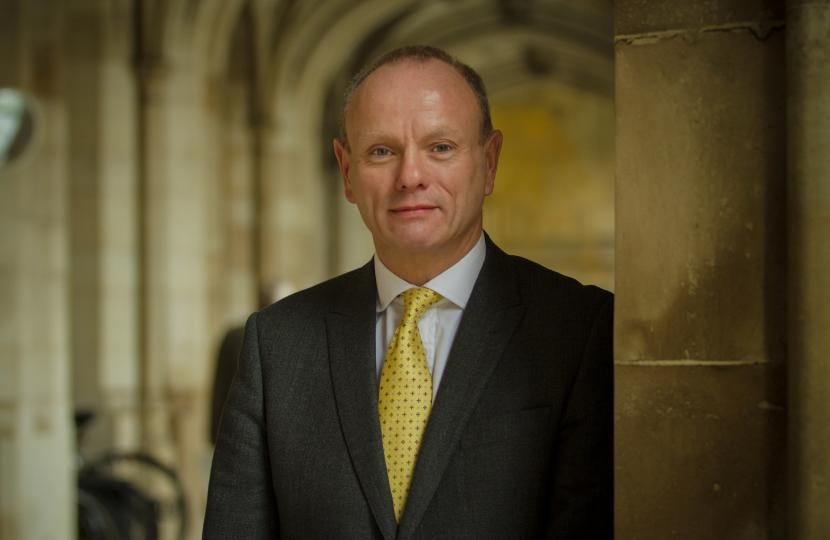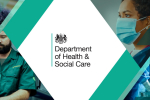
The Prime Minister has today announced the Government’s plan to live with Covid-19.
Over the past few years, my constituents and people across the country have made extraordinary sacrifices. It is because of these efforts that we can now move away from government restrictions to deal with the virus and move to a model of personal responsibility.
Our Get Boosted Now campaign meant that the UK was the first major European Nation to boost half our population, as well as the first to protect half our population with one dose of the vaccine. This has meant that we have been able to be one of the most open societies.
With 71 per cent of all adults now boosted in England, including 93 per cent of those 70 and over – as well as with the treatments and scientific understanding of the virus – we now have sufficient levels of immunity to complete this transition.
The Government’s Plan for Living With Covid consists of the following key points:
- Removing all remaining domestic restrictions. From 24th February, the legal requirement to self-isolate following a positive test will end. Routine contact tracing will also end, alongside the requirement for close contacts who are fully vaccinated to self-isolate.
- Until 1 April, it is advised that people who test positive to stay at home. After that, we will encourage people with Covid-19 symptoms to exercise personal responsibility, just as we encourage those who have flu to be considerate to others.
- Because Omicron is less severe, testing is much less important and less valuable in preventing serious illness. The UK has the biggest testing programme per person of any large country in the world. However, this is very expensive – costing £2 billion in January at the height of the Omicron wave. This will now be scaled back. From 1 April, when the winter is over, the Government will end free symptomatic and asymptomatic testing for the general public. We will continue to provide this for the oldest age groups and those most vulnerable to Covid.
- From 1 April, we will also no longer recommend the use of voluntary Covid-status certification, although the NHS App will continue to allow people to indicate their vaccination status for international travel.
- Government will continue to protect the most vulnerable with targeted vaccines and treatments. The UK Government has procured enough vaccine doses to anticipate a wide range of possible JCVI recommendations.
- We have accepted JCVI advice for a new Spring booster, offered to those aged 75 and over, older care home residents, and those over 12 who are immunosuppressed.
- Continue to lead the way on antivirals and therapeutics, with the Antivirals Task Force secured almost 5 million doses – more per head than any other country in Europe.
- The Government will continue to maintain our resilience to manage and respond to these risks, including through our world-leading ONS survey, which allows us to track the virus in detail.
- We will also prepare and maintain our capabilities to ramp up testing.
- Continue to support other countries in developing their own surveillance capabilities, because new variants can emerge anywhere.
- Meet our commitment to donate 100 million doses by June as part of our G7 summit to provide a billion doses to vaccine the world over the next year
- Vaccines Task Force will continue to ensure the UK has access to effective vaccines as they become available.
These announcements mean that we can, as a country, move beyond Covid and begin to live with the virus, while ensuring that we are in the best possible position to react to changing circumstances.
You can see the full ‘Covid19 Response: Living with Covid’ document here: COVID-19 Response: Living with COVID-19 - GOV.UK (www.gov.uk)

